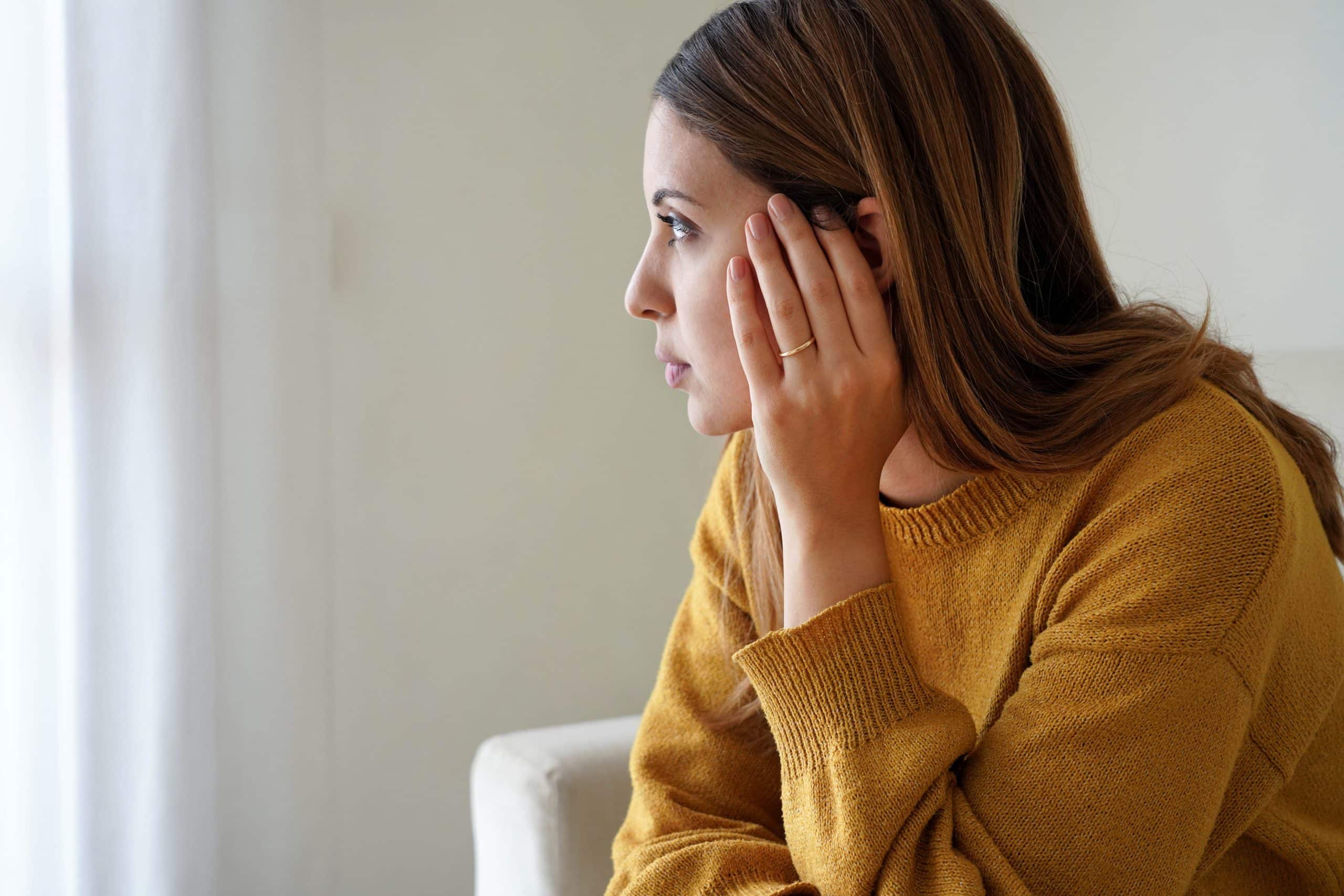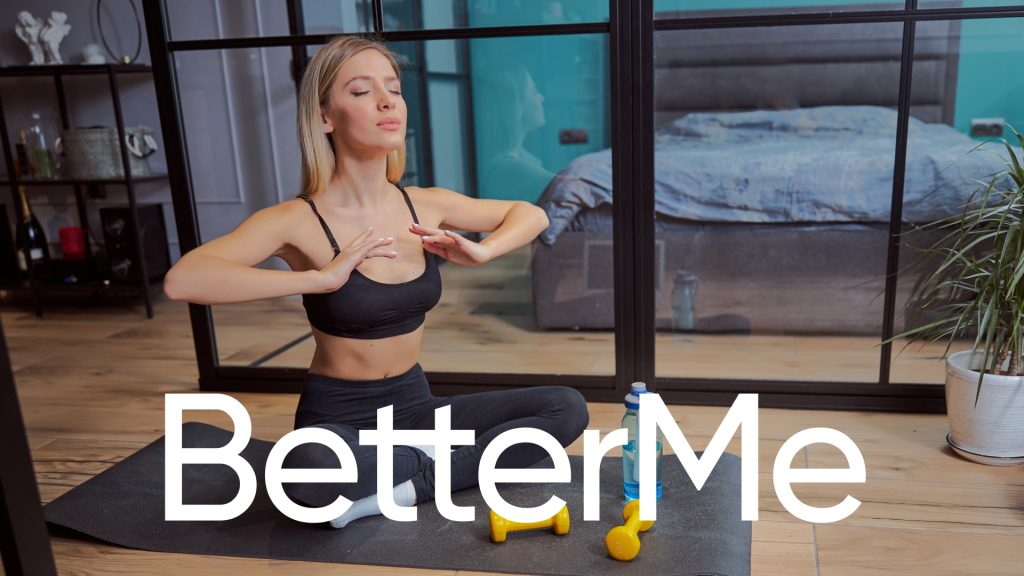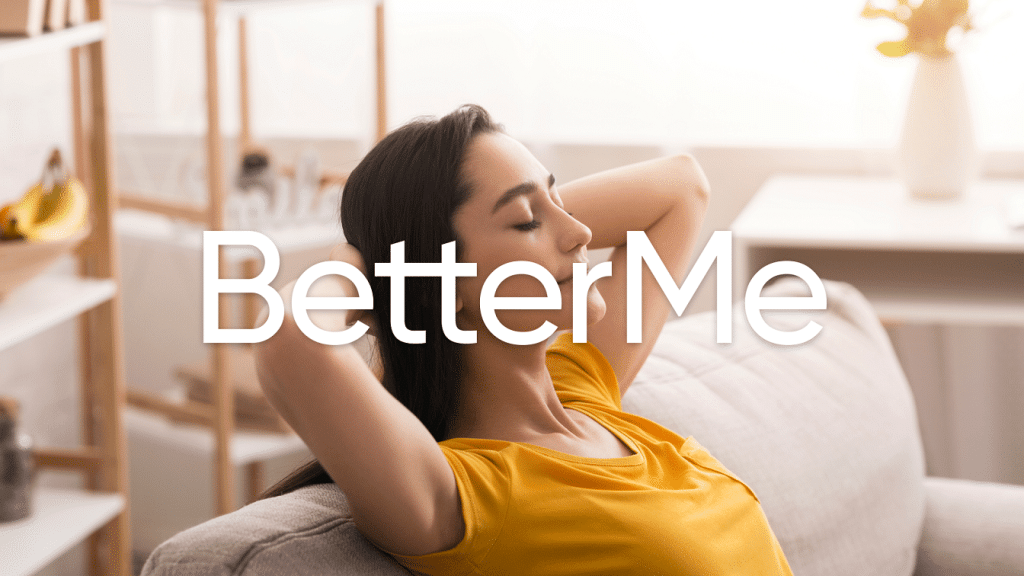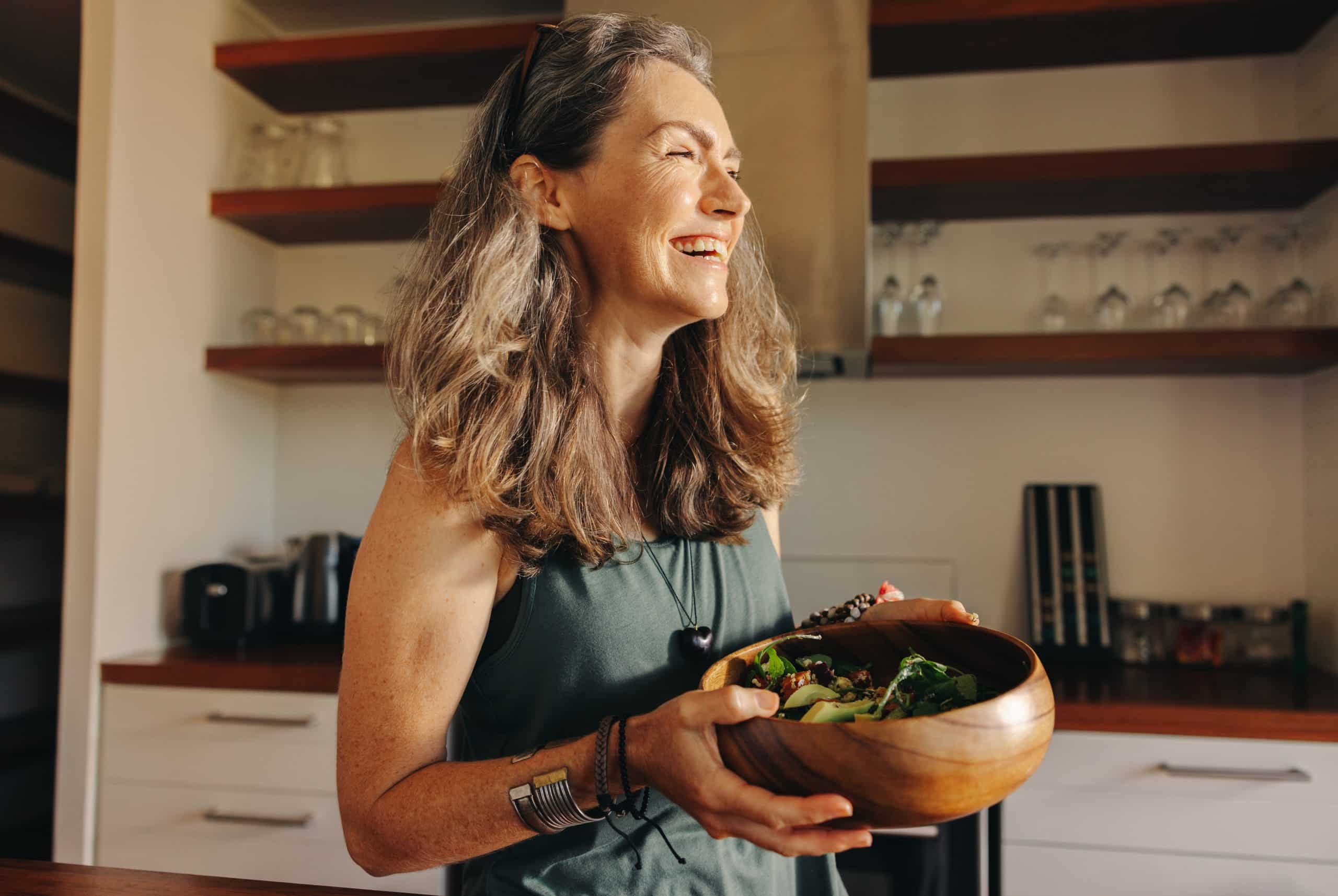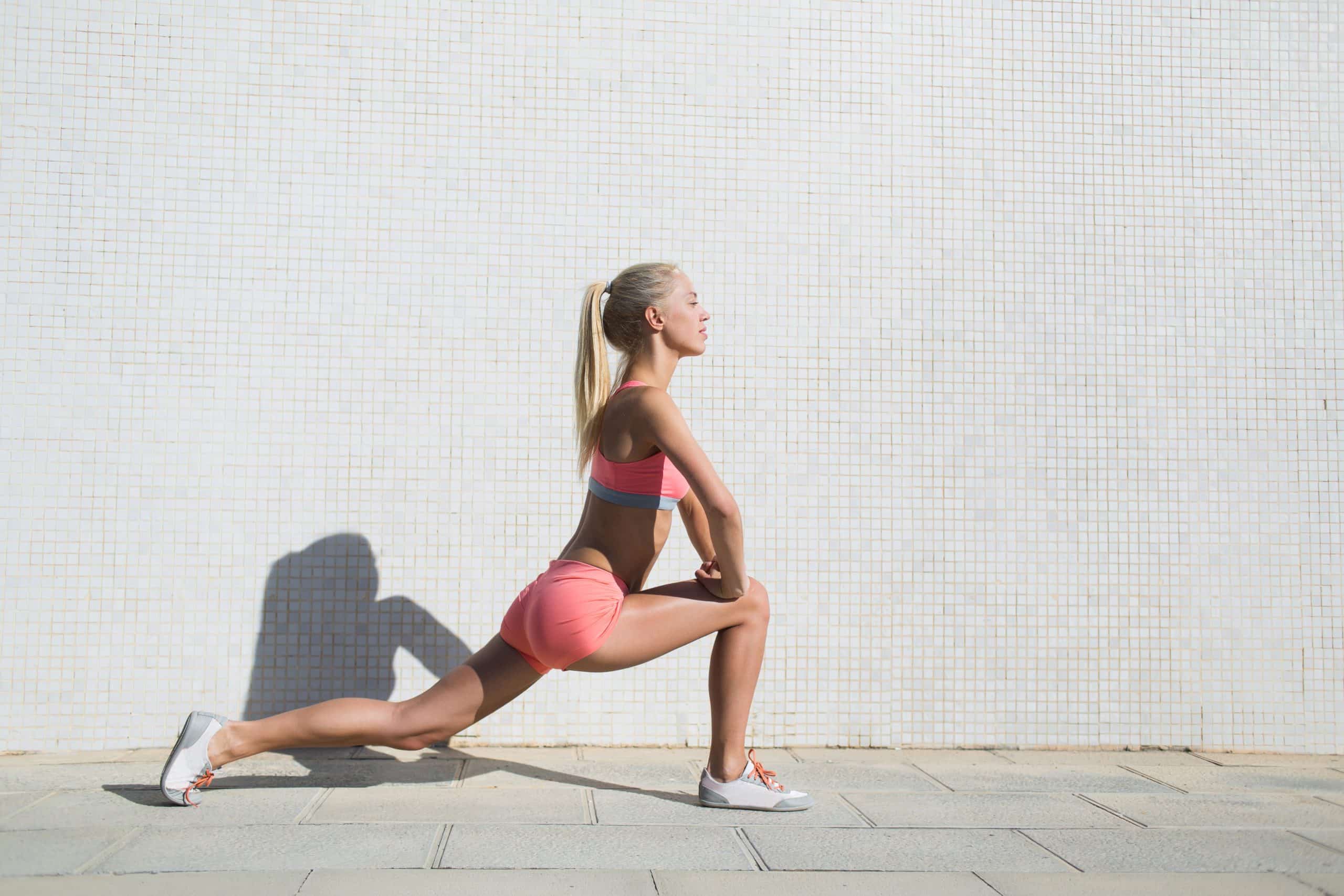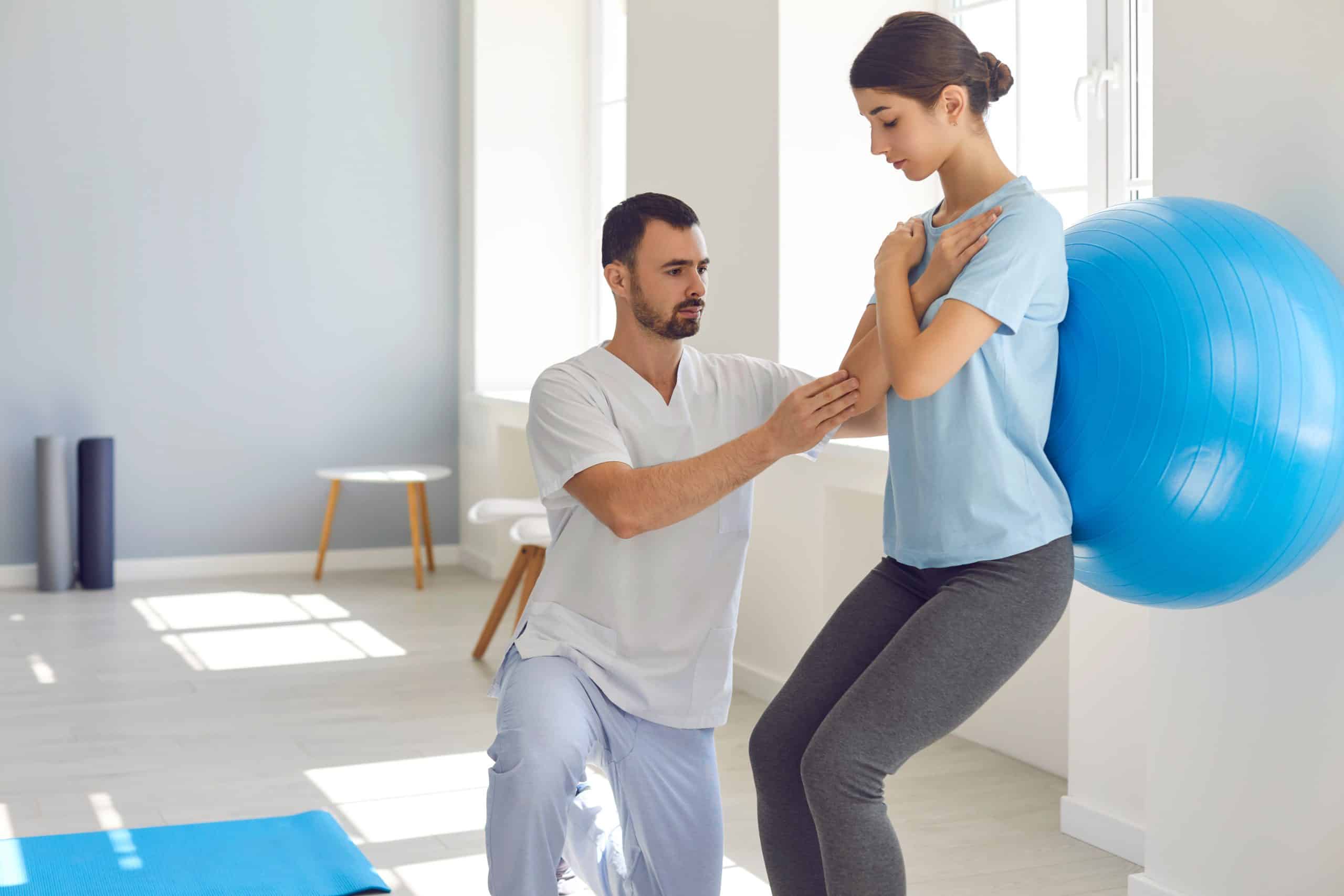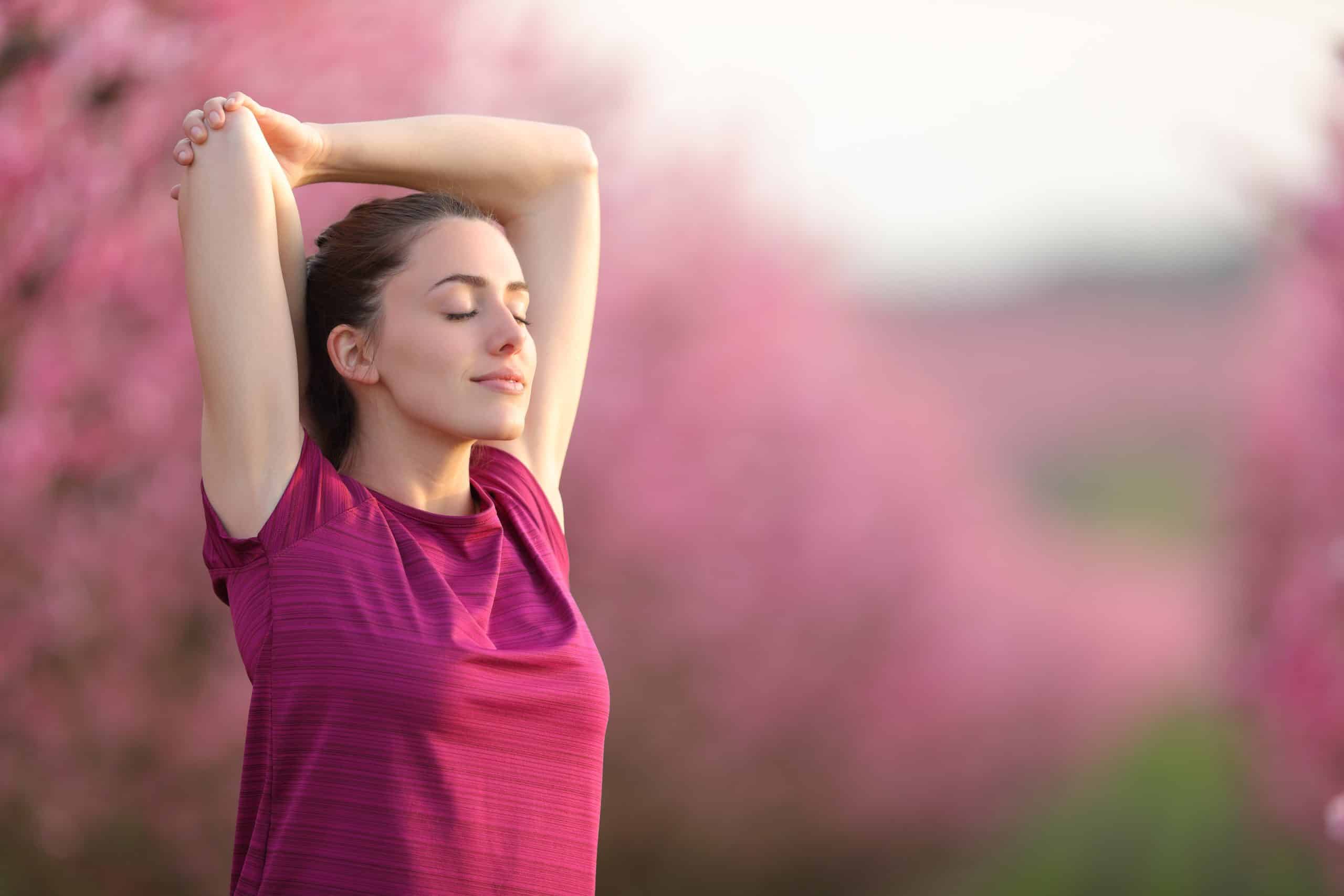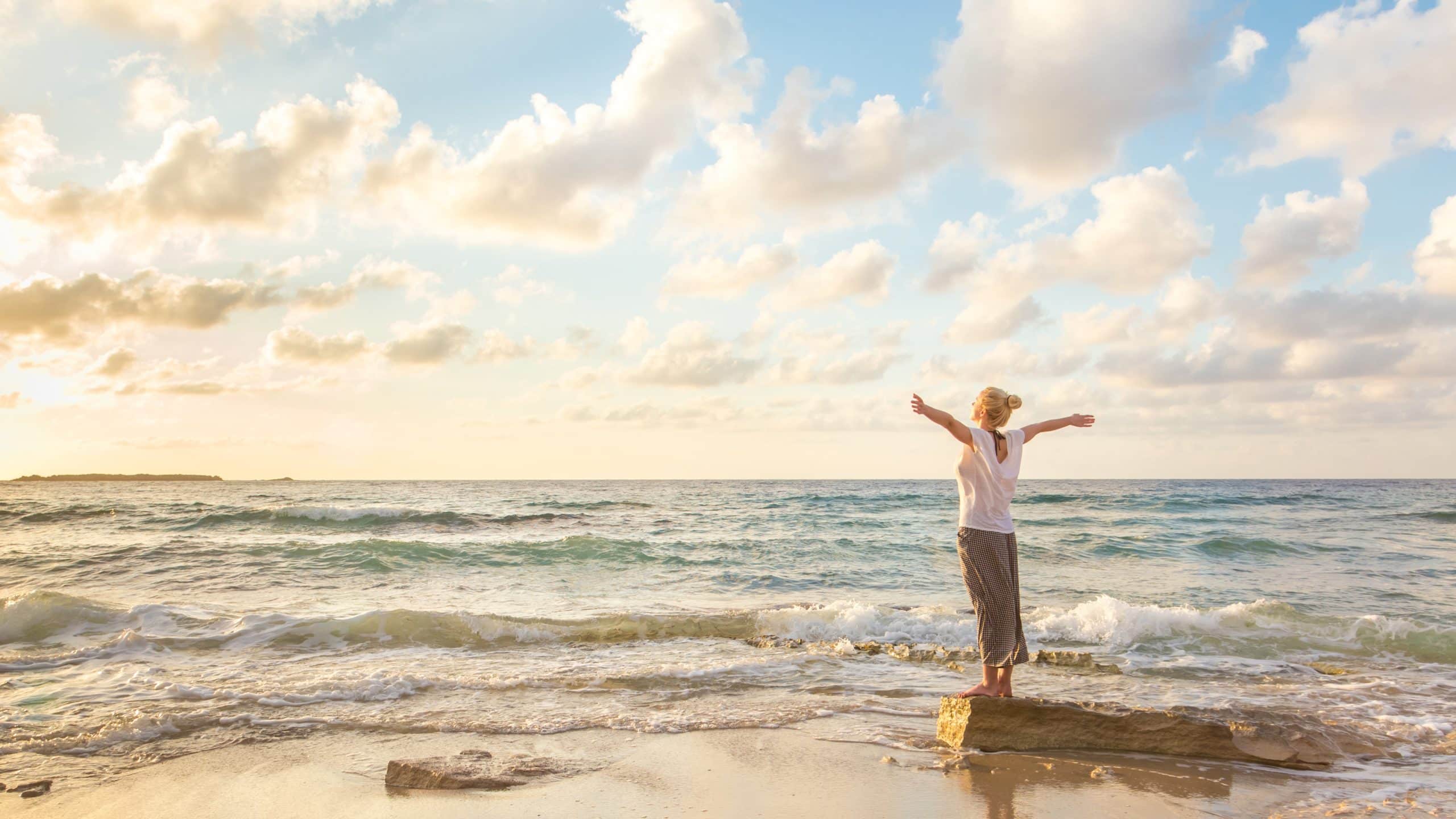Hangxiety sounds complicated. However, it’s quickly becoming a popular term to describe that awful feeling you get the morning after drinking. Perhaps you’re still unsure what hangxiety means, what causes it, and whether you can stop experiencing it.
Knowing the possible causes can help you avoid experiencing the post-drinking anxiety you’ve felt after a night out with friends. Let’s help you understand what hangxiety is, what causes it, and how to reduce it.
Why Am I Having Hangxiety?
Hangxiety may result from the following:
- Social anxiety, shyness, or social phobia (11)
- Brain chemistry changes (9)
- Functional brain changes (9)
- Not eating before you drink (12)
- Low folic acid and vitamin B levels (13)
- Dehydration (7)
- Having anxiety (5)
Hangxiety Explained
Hangxiety is the awful feeling that may come the day after drinking. It helps to know the causes, symptoms, and what to expect before discovering ways to minimize hangxiety. Let’s focus on the facts around the condition or what is currently understood.
Hangxiety Meaning
Psych Central says hangxiety is a term that also covers the psychological hangover symptoms you feel after an exciting night on the town (10). Hangover anxiety is then a psychological process your body and brain experience with the physical symptoms after drinking too much.
What Does Hangxiety Feel Like?
Hangxiety is a creepy feeling or intense worrying about a situation with an uncertain outcome or a possibly distorted memory. You may feel the knots folding repeatedly in your stomach as you fill with utter dread or worry about what you did last night. The unease may cause physical changes, like a rapid heartbeat, sweaty palms, and tense muscles (2).
On the other hand, you may feel some regret or be nervous that you said something wrong. The uncertainty of not knowing or distorting how you remember an event can cause a mild to painful bout of anxiety and fear. People experience hangxiety on different severity levels.
BetterMe: Meditation & Sleep app can help you transmute stress into serenity, pull you up from the doldrums, free your mind from the cares and worries of the world, quell racing thoughts and infuse you with tranquility! Start using it now and change your life!
Hangxiety Symptoms
A pounding headache, nausea, and a sudden bright light aversion are the physical symptoms of hangovers. Psych Central shares an extensive list of psychological symptoms you may experience (10):
- Apprehension
- A sense of doom
- Chest pain
- Feeling on edge
- Heart palpitations
- Irritability
- Relentless anxiety
- Restlessness
- Ruminating thoughts
- Sleeplessness
How Long Does Hangxiety Last For?
Hangxiety for days is an unlucky occurrence for some but not all drinkers. The National Institute on Alcohol Abuse states that hangover symptoms typically last 24 hours for most drinkers (8). The symptoms often disappear once your blood alcohol level returns to zero.
However, hangxiety affects everyone differently. Suppose you drank enough to impair reasoning, judgment, and memory. In this case you may experience regret or worry longer, especially if you can’t remember whether you said or did something to offend others.
What Causes Hangxiety?
Hangxiety can become the enemy that costs you the career of your dreams. It can also make for hilarious conversations with colleagues after you overcome it enough to ask what happened. Meanwhile, it isn’t the only reason why hangxiety occurs.
Social Anxiety
UK research connected shyness and hangxiety in a small study (11). Ninety-seven people with higher shyness and social phobia took part. Forty-seven people drank, while the others stayed sober. The results revealed three interesting changes:
- Social phobia and shyness decreased while drinking
- Shyness, social phobia, and general anxiety increased the day after drinking
- People with higher social anxiety and shyness were at greater risk for alcohol use disorder (AUD)
Alcohol erases the fears inhibiting social situations, allowing you to feel comfortable. However, the effects wear off the next day, and that anxiety returns with a vengeance. You may worry about how people judged you because you wouldn’t have noticed it the night before.
Chemical Changes
You don’t have to reach a confused state at the office party to see massive changes. Northwestern Medicine says a blood alcohol level (BAC) of 0.03 and 0.12 (9). Your brain enters a state of euphoria, releasing dopamine, a feel-good chemical that relaxes you.
What happens the day after you experience the flood of feel-good endorphins? With every rise, the brain will try to restore proper functions to achieve homeostasis, meaning dopamine levels will drop sharply once the alcohol starts working out of your system.
The Cleveland Clinic says low dopamine levels may make you feel anxious, tired, moody, and hopeless (6). You may not experience a complete drop in dopamine the following day, but your brain will work hard to restore the chemical balance, decreasing it nonetheless.
Finally, Duke University scholars studied how activities increasing dopamine may decrease cortisol, the stress hormone (4). Dopamine and serotonin regulate cortisol, but a sudden chemical decline may cause the stress hormone to run wild and unregulated.
Northwestern Medicine says more than one drink could make most people euphoric (9).
Hangxiety After Work Event Explained
Year-end or office parties are the worst, and it’s when most people go wild. Northwestern Medicine states that a BAC of 0.18-0.3 would severely physically impair your neurological functions (9). You may lose consciousness or have short-term memory loss.
The hippocampus can’t form memories once you reach a confused state. You could also struggle to walk because your brain’s cerebellum loses coordination functioning. Anything above this level could lead to alcohol poisoning (9). Still, this is the level people love at office parties.
The physical effects of too much alcohol may switch reasoning and memory consolidation off. Nothing makes you more anxious than not remembering what happened at the office party or whether you did something that may get you fired.
Poor Nutrition
Hangxiety may stem from improper nutrition before and during alcohol consumption. The Guardian states that drinking on an empty stomach may worsen alcohol side effects, including hangover symptoms (12). Meanwhile, research from Georgia found that low folic acid and vitamin B levels could cause higher anxiety levels (13).
Eating low or no folic acid or vitamin B before or during drinking sessions may also increase hangxiety. Finally, French researchers found dehydration may negatively affect mood or cause anxiety (7). Drinking less or no water before or during a drinking episode and feeling dehydrated the morning after may increase the risk of anxiety.
Read more: 8 Somatic Exercises for Anxiety, with Step-by-Step Instructions
Why Do Some People Experience Hangxiety More Than Others?
Canadian researchers found that university students with greater anxiety, stress, and depression symptoms in a sober state were slightly more likely to experience hangxiety after drinking (5). However, these students didn’t appear to have more severe depression symptoms.
Feeling anxious or having cortisol, the stress hormone, while drinking may increase your chance of hangxiety the following day. A UK research might reveal why this happens with the glutamate and GABA chemical changes (11).
Alcohol reduces the gamma-aminobutyric acid (GABA) receptor functions, inhibiting your central nervous system’s excitability. GABA blocks specific chemicals from reaching your neurons and has a calming effect, but alcohol reduces this ability while drinking.
Secondly, glutamate also decreases while drinking. As your blood alcohol levels drop, your brain starts restoring regular functions. GABA returns to its original functions, allowing other chemicals through, while glutamate rises to excite the neurons and make you feel anxious.
How Do I Get Rid of Hangxiety?
Hangxiety has no cure, but you can reduce or prevent the symptoms. Let’s see how you can stop that awful feeling the following day.
Hangxiety Pills
The Alcohol and Drug Foundation warns against drinking while taking anti-depressants, as the two may also counteract each other and cause anxiety (14). Avoid mood-changing medications while drinking. However, Ibuprofen and Tylenol could soothe hangover headaches and nausea, which may also make you feel more anxious.
Hangxiety Tips
The Alcohol and Drug Foundation recommends a few ways to reduce the risk of hangxiety symptoms (14):
- Stay hydrated before drinking and drink water spacers
- Have some non-alcoholic drinks in between
- Sip and savor the drink mindfully
- Eat before and during drinking
- Set a comfortable limit and stick to it
- Use a small glass and finish each drink before getting another
- Stay away from heavy alcohol-content spirits
Hangxiety Cure
The best approach for hangxiety is moderation or teetotalism, the trending alcohol abstinence movement. You can decide to make the adjustment. Please seek help if you need it. However, Psych Central suggests these methods to cope with hangxiety (10):
- Treat the physical symptoms with wholesome food, lots of water, and sound sleep
- Avoid stimulants like morning coffee
- Practice self-compassion because everyone makes mistakes
- Relax with deep breathing, guided imagery, or a nice warm bath
With stress being a constant presence in our lives, taking time to process emotions, decompress and get into the right frame of mind is absolutely crucial. With BetterMe: Meditation & Sleep app your mental health is in good hands! Start using it now!
For More Useful Information:
FAQs
Should I Stop Drinking to End Hangxiety?
The BBC shows that 60% of Gen Z are happy teetotalers (15). There’s no shame in personally saying no to booze. Teetotalers shouldn’t judge those who drink, but simply stick to alcohol-free alternatives.
What Is the Best Drink for Anxiety?
Herbal teas can reduce hangxiety symptoms. WebMD recommends teas with chamomile and lavender (3). Don’t drink too much tea because of the caffeine stimulant. Also, you can eat leafy green vegetables, berries, dark chocolate, and oranges to feel calmer.
Does Alcohol Anxiety Go Away?
Alcohol anxiety fades when you practice relaxation techniques like meditation and breathwork. However, you may still experience the symptoms for around 24 hours (8). Look after yourself, eat well, and focus on calmness to feel better through those 24 hours.
Does Anxiety Get Worse With Age?
People once believed anxiety declined with age, but Live Science disagrees (1). Older individuals may have more triggers, like losing loved ones, financial insecurity, and health problems. Also, older generations drink more, increasing the risk of hangxiety (15).
The Bottom Line
Hangxiety is a type of pain – physically and psychologically! Realize what may cause hangxiety to know what you can change to reduce your risk. Again, there’s nothing shameful about joining the teetotal Gen Z movement, especially if you need help with alcohol addiction. Otherwise, use the tips and cures above to help you through hangxiety.
DISCLAIMER:
This article is intended for general informational purposes only and does not address individual circumstances. It is not a substitute for professional advice or help and should not be relied on to make decisions of any kind. Any action you take upon the information presented in this article is strictly at your own risk and responsibility!
SOURCES:
- Anxiety May Increase With Age | Live Science (2010, livescience.com)
- Anxiety: Medicine Plus (2020, medicineplus.gov)
- Can I Eat My Way Calm? (2023, webmd.com)
- Cortisol Decreases and Serotonin and Dopamine Increase Following Massage Therapy (2005, scholars.duke.edu)
- Depression, Anxiety, and Stress Among Hangover Sensitive and Hangover-Resistant Drinkers (2023, ncbi.nlm.nih.gov)
- Dopamine Deficiency: Causes, Symptoms, & Treatment (2022, my.clevelandclinic.org)
- Effects of Changes in Water Intake on Mood of High and Low Drinkers (2014, ncbi.nlm.nih.gov)
- Hangovers (2021, niaaa.nih.gov)
- How Alcohol Impacts the Brain | Northwestern Medicine (2021, nm.org)
- How to Overcome ‘Hangxiety’ (Post-Drinking Anxiety) (2023, psychcentral.com)
- Shyness, Alcohol Use Disorders, and ‘Hangxiety:’ A Naturalistic Study of Social Drinkers (2018, sciencedirect.com)
- The Truth About Booze: How Alcohol Really Affects Your Body, From First Flush of Happiness to Hangover Hell (2023, theguardian.com)
- Use of Folic Acid and Vitamin Supplementation Among Adults With Depression and Anxiety: A Cross-Sectional, Population-Based Survey (2011, ncbi.nlm.nih.gov)
- What Is Hangxiety? – Alcohol and Drug Foundation (2023, adf.org.au)
- Why Gen Zers Are Growing Up Sober Curious – BBC Worklife (2022, bbc.com)
